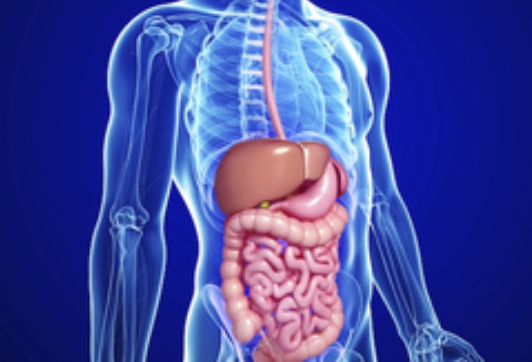Health
Study suggests relation between gut microbiome and neurodegenerative diseases

New Delhi, June 17
A new study has suggested that the gut microbiome plays a vital role in the onset and progression of some neurodegenerative diseases (NDDs).
NDDs, which have no known cures and elusive causes, result in irreversible damage to the brain and nervous system, according to the study published in the journal American Society for Microbiology.
A team of researchers reported a new association in humans between a metabolite produced by gut microbes and 3 NDDs. As per their investigation, the metabolite DHPS (2,3-dihydroxypropane-1-sulfonate) may help respond to crucial questions about how sulphur metabolism pathways can relate the microbiome to these disorders.
In their study, the researchers aimed to identify the specific bacterial and metabolite profiles of the gut microbiome in individuals diagnosed with one of three NDDs: amyotrophic lateral sclerosis (ALS), Alzheimer's disease (AD), and Parkinson's disease (PD).
To gather data on the early stage of the diseases, they collected stool samples from diagnosed patients during their first two visits to a specialist and then compared the analysis of those samples to samples collected from healthy individuals. The researchers found 19 metabolic biomarkers for neurodegeneration in all 3 NDD groups as well as 20 unique ALS markers, 16 unique AD markers and 9 unique PD markers.
Those shared biomarkers included metabolites that have been linked to dyshomeostasis in sulphur metabolism pathways, the study showed. The researchers also found links to 'Bilophila' and 'Desulfovibrio' bacterial taxa in all 3 disease groups, which play a role in synthesising and degrading DHPS. Bilophila can degrade DHPS into hydrogen sulphide, and the accumulation of hydrogen sulphide has been implicated in the dysfunction of mitochondria, which is known to contribute to NDDs, according to researchers.



































